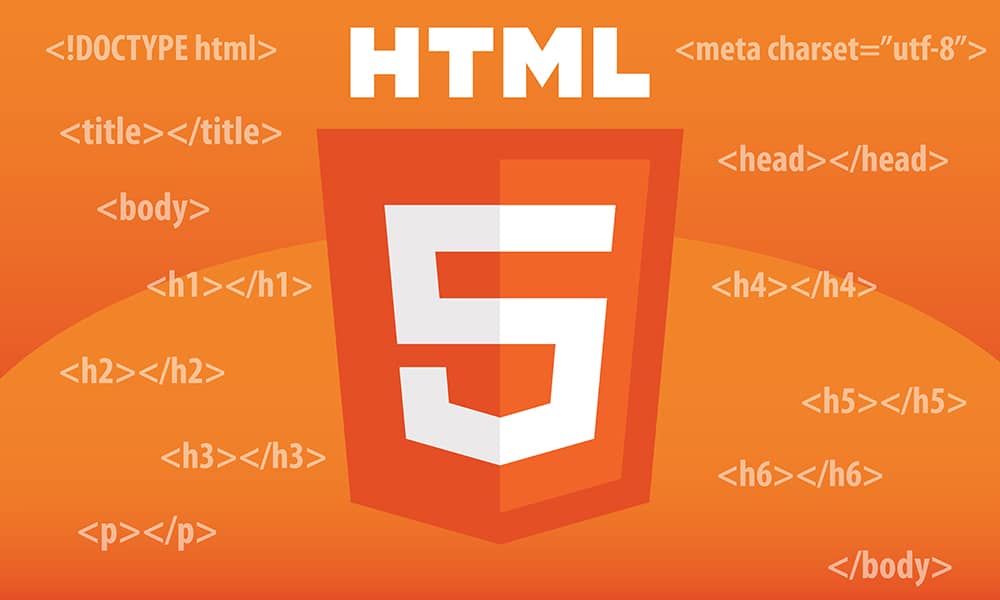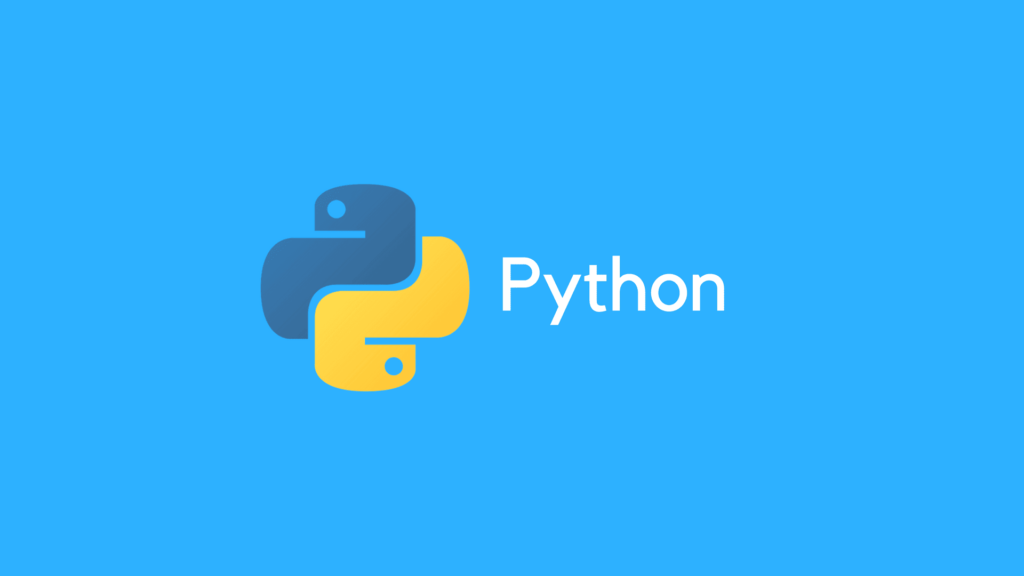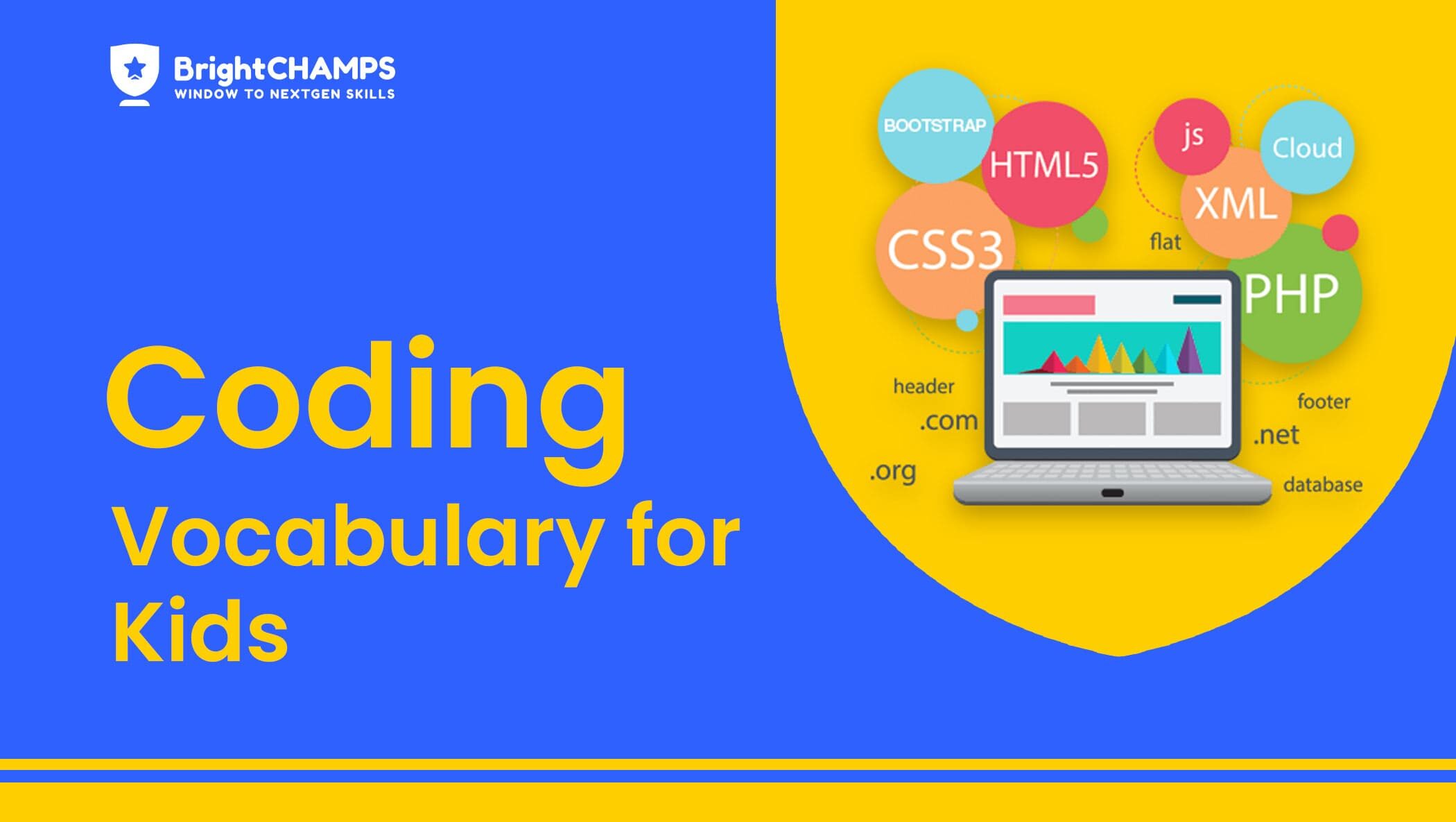Coding for kids is gradually being recognized as one of the essential skills for children.
Though it is not yet part of the core educational curriculum, it is unquestionably an additional skill, and the internet is brimming with resources where a child can learn to code.
Coding is a broad field of study with numerous programming languages, the majority of which are either block-based or text-based.

There are a lot of coding terms thrown around the internet to mark the current feat of computer programming.
Whether you or your child is interested in coding or not, learning a few coding terms will surely be a benefit to you.
Who knows you may soon see your child explaining a coding term to an adult who doesn’t understand it.
In this blog, we have compiled a list of 20 coding vocabulary words that every child should know. Before we get to the list, let’s take a look at the three terms mentioned in the blog’s title.
What is Coding?
Coding is what you may already know as computer programming or simply programming i.e. instructing a computer to perform a particular task.
It is the method by which humans communicate with computers. We give the computer commands in the form of codes to perform a specific task, and they respond with the output based on those commands.
Know more about coding courses for kids.
What is HTML?
HTML is an abbreviation for HyperText Markup Language.
It is the standard markup language for documents intended to be displayed in a web browser, which means that all data intended for display in a web browser should be written in HTML.

It can be used together with technologies like Cascading Style Sheets (CSS) and scripting languages like JavaScrip.t.
What is Python?
Python is an open-source programming language that is simple to learn.
It is also one of the most popular programming languages as a result of these factors.
The language uses an object-oriented approach to assist programmers in writing logical and clear code for both small and large-scale projects.

With its use of significant indentation, its design philosophy emphasizes code readability. Python was used to create applications such as YouTube and Dropbox.
Now let’s get straight into more terms in coding.
20 HTML, Python & Coding Vocabulary
Algorithm
In coding, an algorithm is a formula or a set of steps/instructions for solving a problem.
Each instruction must be carried out in the correct order.
Each of these instructions describes how to do something; once completed, your computer will do it the same way every time.
Class
In HTML, the class attribute defines one or more class names for an HTML element. Any HTML element can use the class attribute.
CSS and JavaScript can use the class name to perform specific tasks on elements with the specified class name.
Bit
In computer science as well as digital communications, the bit is the most fundamental unit of information.
The name is a binary digit combination that represents a logical state that can have one of two values. These values are commonly represented as 1 or 0.
API
API stands for Application Programming Interface, and it is a software mediator that allows two applications to communicate with one another, it is a set of programming code.
A developer can use API to send or receive data by making a specific call or request.
Body
In HTML, Body is a tag <body> that defines the main data/content displayed in a web browser.
These data/content can be as simple as headings and lines and as complex as paragraphs, tables, images, and hyperlinks.
Git
Git is free software that allows you to track changes in any set of files. It is an open-source distributed version control system that can manage everything from small to extensive projects with speed and efficiency.
It is typically used to coordinate work among programmers who are developing source code collaboratively during software development.
GitHub
GitHub is a file or code-sharing service that lets users collaborate with others. It’s a complex platform that encourages developer collaboration and communication.
GitHub has a plethora of features that allow these collaborations to happen. Teams of developers can collaborate on the same project and easily create new versions of software without interfering with existing versions.
Script
A script is a program or sequence of instructions in computer programming that is interpreted or carried out by another program rather than the computer processor.
To put it simply, it is a set of instructions that instructs another program on what to do.
Block-based Programming
In Block-based programming, users can create programs by dragging and dropping code blocks, it is a visual programming language.
Scratch, for example, is a block-based programming language.
Text-Based programming
Text-based programming, as opposed to block-based programming, is done primarily with text.
These programming languages do not use blocks and are instead typed using a keyboard and saved as text files.
Href
Href or HypertextREFerence is an HTML attribute that is used to create a link to another page, defining the URL of the page to which the link points.
The href attribute and its associated attributes are contained within the opening anchor <a> tag.
Boolean
The “true or false” logic that drives computers is known as Boolean.
The Boolean data type can only have one of two values: true or false. The Boolean function is widely used in computer programming.
Id
In HTML, id is an attribute that can be used to identify an HTML element; the id elements should always be unique to that single element.
Furthermore, no element should have more than one id. CSS and JavaScript use it to perform a specific task for a unique element.
Camel Case
Camel Case is a naming pattern in which the first letter of every word is always lowercase and the first letter of every subsequent word is uppercase.
For instance, My Computer in Camel case would be written as “myComputer.” Because element names cannot contain spaces, camelCase is useful in programming.
Bug
A bug is a coding error in a computer program in computer programming and technology.
When a product is in beta testing, bugs are mostly discovered and identified.
Minor bugs can be identified during the program development process or coding stage. Bugs can cause the software to crash or behave abnormally.
Debugging
Debugging is the process of identifying and eliminating existing and potential errors in software code.
It is used to detect and correct bugs or defects in software or systems to prevent them from malfunctioning.
Loop
A loop in coding is a sequence of instructions that is repeated until a certain condition is met.
It is used to execute a set of instructions or a block of code multiple times without having to write it again.
Binary
Gottfried Leibniz invented the binary number system, which consists of only two numbers or digits: 0 (zero) and 1. (one).
This numbering system serves as the foundation for all binary code, which is used to write digital data such as computer processor instructions.
Div
In HTML, the Div element represents the Content Division.
The HTML element <div> serves as a generic container for flow content and it does not affect the content or layout until it is styled with CSS or manipulated with JavaScript.
Variable
Variables are used to store data that can be referenced and manipulated in a computer program.
It can be considered a container that contains a value, such as text or a number because the value can change; it is saved in a variable, involving children programming.
Conclusion
While there are thousands of other words in the coding vocabulary, the ones listed above can be very useful even if you are just starting.
You did 20 today, and maybe some of you were already familiar with some terms, but the vocabulary is a daily lesson.

Every day as you go about your day, you may come across various computer technology-related vocab, which you can remember and always bring back to your kids to share with them.
With the world moving at such a breakneck pace, BrightChamps recognized the need to introduce key life/future skills to children to keep them ahead of the game.
With a mission to bridge the gap left by traditional education, we are bringing key future skills through specially designed courses on coding and financial literacy taught by some of the world’s best minds from top-tier institutes such as IITs and IIMs.


 We are an army of educators and passionate learners from BrightChamps family, committed to providing free learning resources to kids, parents & students.
We are an army of educators and passionate learners from BrightChamps family, committed to providing free learning resources to kids, parents & students.










